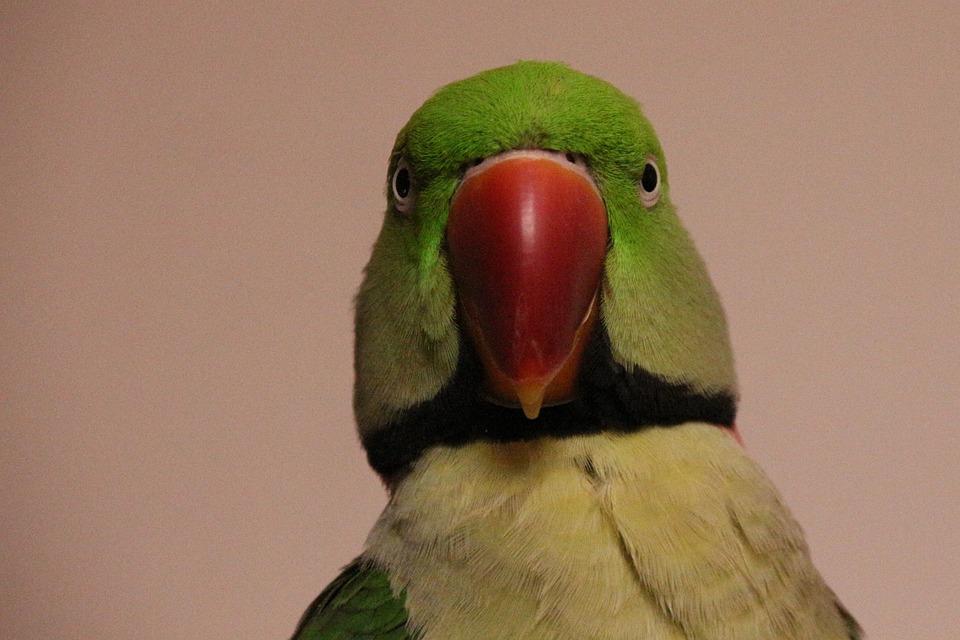Parrots are fascinating creatures that captivate us with their intelligence and vibrant personalities. Their ability to mimic sounds and form strong bonds with their human companions is truly remarkable. However, to truly understand and appreciate parrot behavior, it is crucial to recognize the importance of flock socialization. Flock socialization refers to the process through which parrots learn to interact, communicate, and establish social hierarchies within their flock.
Flock socialization plays a vital role in shaping parrot behavior. In their natural habitat, parrots live in large flocks, consisting of hundreds or even thousands of birds. This social structure provides them with a sense of security, companionship, and opportunities for learning and growth. When parrots are deprived of flock socialization, it can lead to various behavior issues and emotional problems.
One of the ways in which flock socialization influences parrot behavior is through communication and vocalization. Parrots use a complex system of vocalizations to communicate with their flock members. By being exposed to a diverse range of vocalizations within their flock, parrots learn to understand and respond to different sounds and cues. Lack of exposure to these vocalizations can result in communication difficulties and limited vocal repertoire.
Mimicking behaviors and sounds is another aspect of parrot behavior that is influenced by flock socialization. Parrots are notorious for their ability to mimic human speech and sounds. This mimicry is a result of their natural inclination to imitate the vocalizations of their flock members. Without proper flock socialization, parrots may struggle to learn and imitate new sounds, limiting their ability to communicate effectively.
Foraging and feeding habits are also shaped by flock socialization. In the wild, parrots rely on their flock to find food sources and learn foraging techniques. Flock socialization teaches them the necessary skills to locate and obtain food. Without this socialization, parrots may struggle with foraging and feeding, leading to frustration and behavioral issues.
Flock socialization is also crucial for the emotional well-being and mental stimulation of parrots. In a flock, parrots engage in various social interactions, such as grooming, playing, and bonding. These interactions provide mental stimulation and emotional fulfillment. Without adequate socialization, parrots may become bored, lonely, and develop emotional problems such as anxiety and depression.
Establishing hierarchy and social order is another important aspect of flock socialization. In a flock, parrots establish a pecking order, with dominant individuals taking the lead and others following. This social structure provides stability and a sense of security for the flock. Without proper flock socialization, parrots may struggle to establish a hierarchy, leading to dominance or aggression issues.
The benefits of flock socialization for parrots are numerous. Firstly, it reduces stress and anxiety by providing them with a sense of security and companionship. Secondly, it enhances their learning abilities by exposing them to a wide range of social and cognitive experiences. Thirdly, it improves emotional bonding between parrots and their human companions, as well as other pets in the household. Lastly, flock socialization allows parrots to develop and engage in natural behaviors, leading to a more fulfilling and enriched life.
So, how can parrot owners ensure proper flock socialization for their feathered companions? Firstly, providing adequate social interaction is crucial. Spending quality time with your parrot, engaging in play, and providing mental stimulation through toys and puzzles are all essential for their social development. Encouraging playtime and enrichment activities that mimic natural behaviors, such as foraging toys, can also help in fostering socialization.
Introducing parrots to other birds can be beneficial, as it allows them to interact and learn from their own kind. However, it is essential to supervise these interactions and ensure compatibility between the birds. Building trust through positive reinforcement training is another effective way to promote flock socialization. By rewarding desirable behaviors and using positive reinforcement techniques, parrots can learn to trust and bond with their human companions.
In conclusion, understanding parrot behavior requires recognizing the significance of flock socialization in their lives. By providing the necessary social interaction and opportunities for enrichment, parrot owners can ensure their feathered companions lead fulfilling and emotionally healthy lives. Additionally, being aware of the potential behavior problems that may arise from lack of flock socialization can help owners address these issues proactively. Remember, a well-socialized parrot is a happy and contented one.









